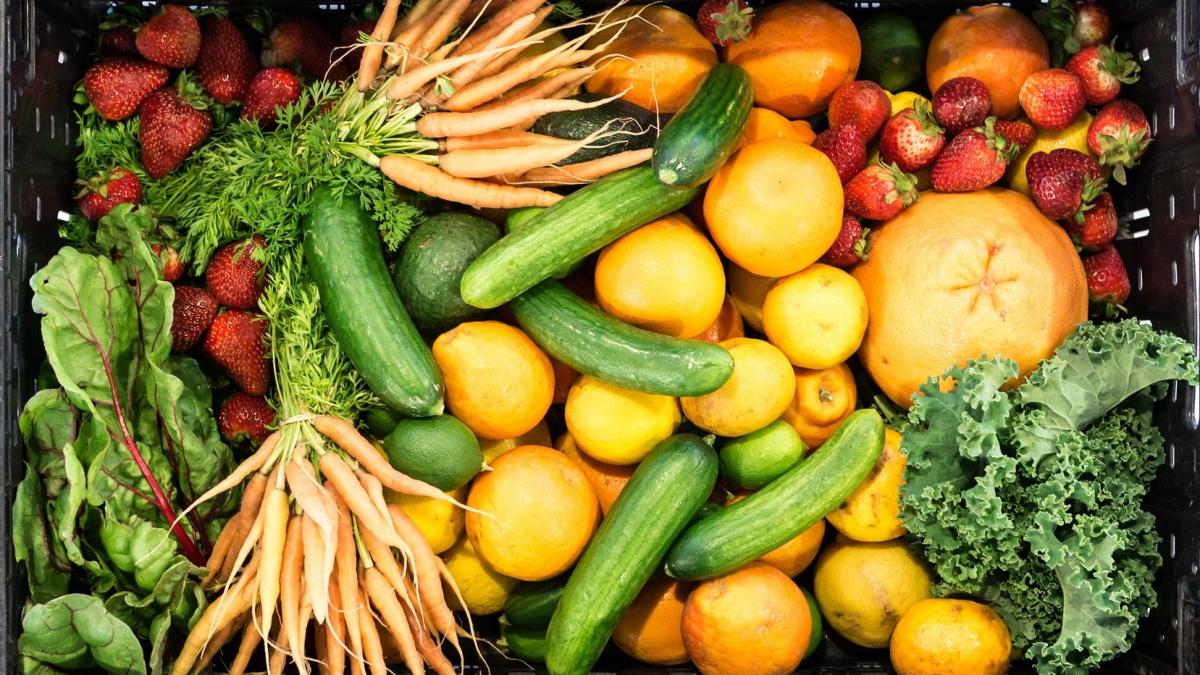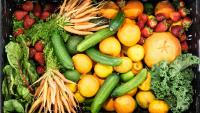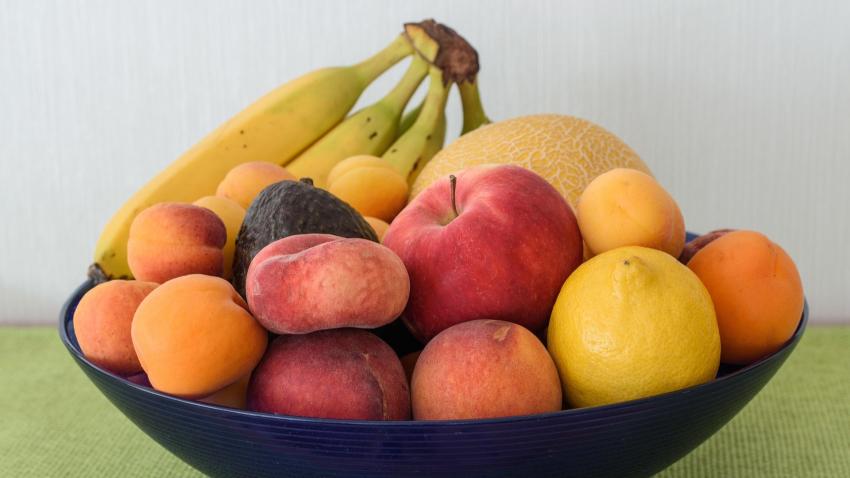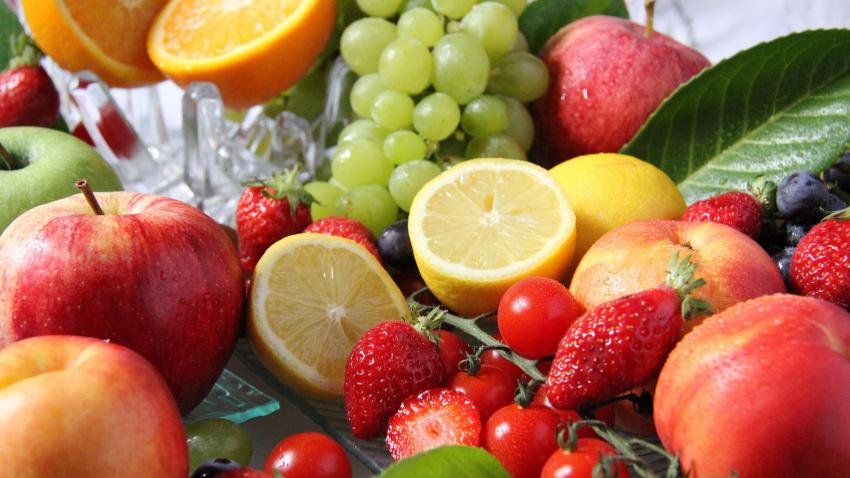You are here
Back to topUN Declares 2021 International Year of Fruits and Vegetables

With the world now having entered the new year, the International Year of Fruits and Vegetables 2021 has officially begun. Spearheaded by the Food and Agriculture Organization of the United Nations, the IYVF initiative is aimed at raising awareness of the importance of fruits and vegetables to human health and food security, as well as focusing efforts toward improving food production systems to minimize loss and waste.
The International Year of Fruits and Vegetables was first announced in December 2019 at the 74th session of the U.N. General Assembly. An official online launch event was held in the lead-up to the new year on Dec. 15, 2020, during which FAO Director Qu Dongyu emphasized the importance of fruits and vegetables and appealed for technological innovation to ensure good health, food security and sustainability now and into the future.
“Fruits and vegetables are an excellent source of dietary fiber, vitamins, minerals and beneficial phytochemicals,” said Qu. “This International Year will bring a specific focus on increasing the availability and affordability of fresh, safe and quality fruits and vegetables to consumers. It will also seek to address the disproportionately high levels of loss and waste of fruits and vegetables.”
He went on to emphasize the environmental significance of these changes: “Reducing food loss and waste also leads to a more efficient use of land and water — with positive impacts on climate change and livelihoods. Improving the efficiency and sustainability of the fruit and vegetable sector will also deliver economic, social and environmental benefits and contribute to achieving the 2030 Agenda for Sustainable Development Goals.” According to the FAO, up to 50% of fruits and vegetables produced in developing countries are lost in the supply chain between harvest and consumption, highlighting the need for change in this sector.
Chile also played a leading role in the launch of the IYFV, with the Chilean Minister for Agriculture Antonio Walker giving an address at the opening event in December, in which he discussed the challenges of promoting healthy eating and called for coordinated action against malnutrition.
In a statement published at the launch of the IYFV, U.N. Secretary-General António Guterres appealed for “a more holistic approach to production and consumption that benefits human and environmental health.” The secretary-general stated that a key moment in the IYFV 2021 would be the Food Systems Summit, which is expected to take place in September or October 2021. The summit aims to underline the centrality of food systems to global sustainable development, promoting a common understanding among industry stakeholders and empowering them through the development of improved tools, measurement and analysis. The summit calls for “bold action for the transformation of food systems by all communities, including countries, cities, companies, civil society, citizens and food producers.”
The spotlight that the IYFV 2021 brings to health and nutrition is particularly poignant given the current global health challenges brought about by the COVID-19 pandemic. Qu acknowledged this in his address at the launch event, stating that “in the current health crisis we are facing around the world, promoting healthy diets to strengthen our immune systems is especially appropriate.” The COVID-19 pandemic has highlighted the fragility of global food systems and supply chains, making the need for large-scale transformation even more evident than before. According to Qu, “the pandemic revealed the importance of short and inclusive value chains as a way of improving market opportunities, particularly for family farmers.”
The U.N. secretary-general also emphasized the importance of global cooperation to face the current challenges. “As the COVID-19 pandemic continues to affect the health and livelihoods of people across the world, we must come together to ensure that nutritious food, including fruits and vegetables, reaches the most vulnerable, leaving no one behind.”
Image: Pixabay













Add new comment